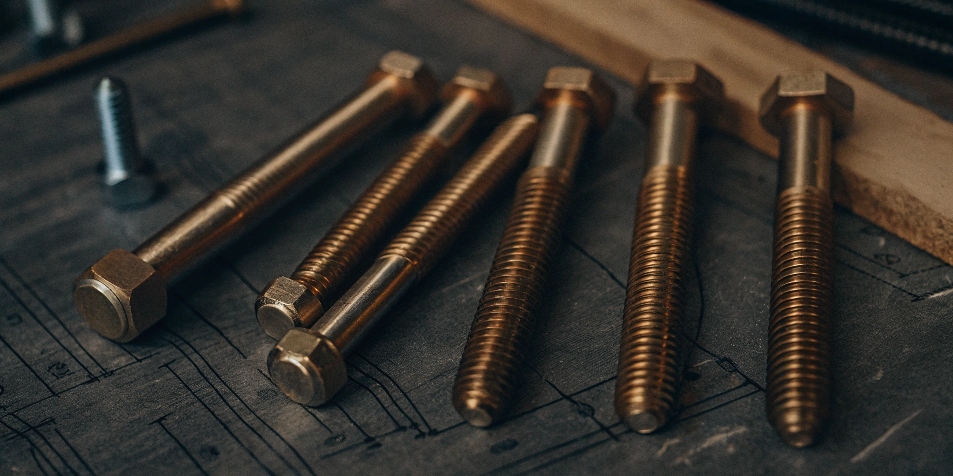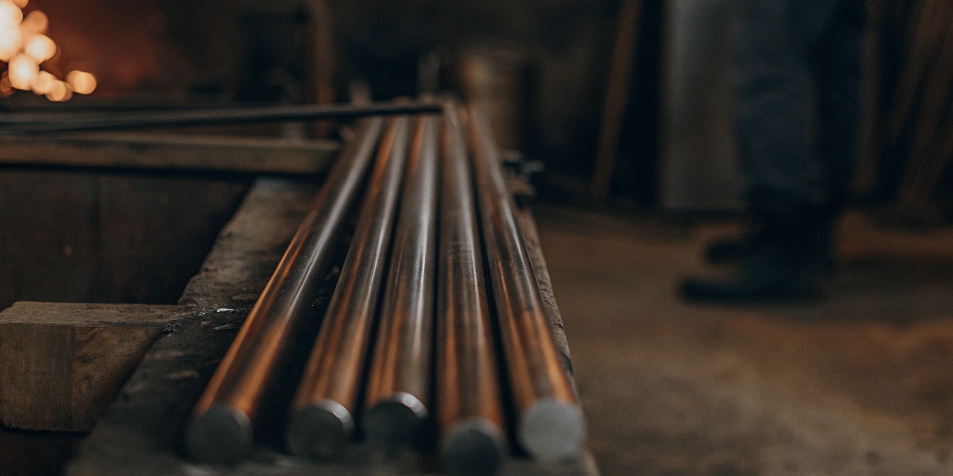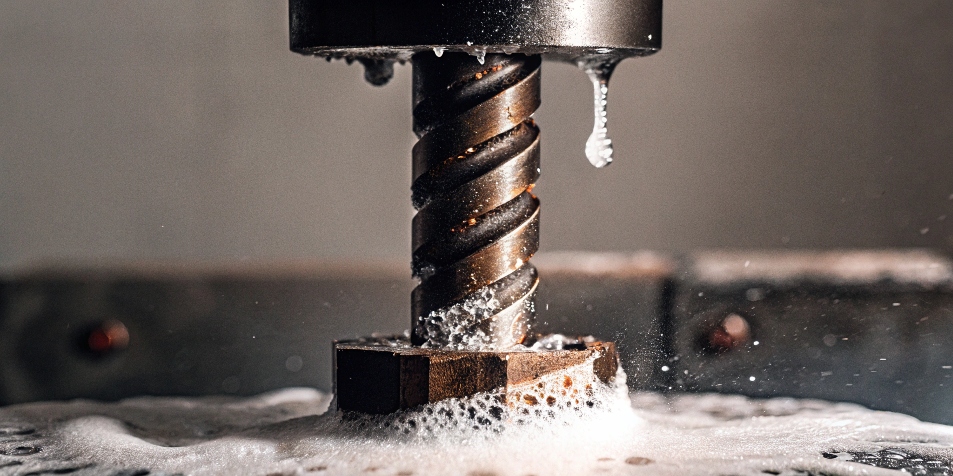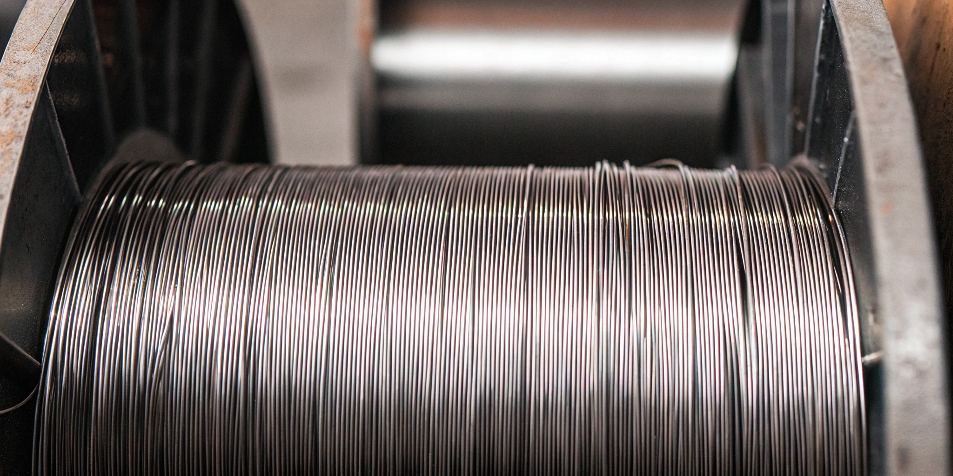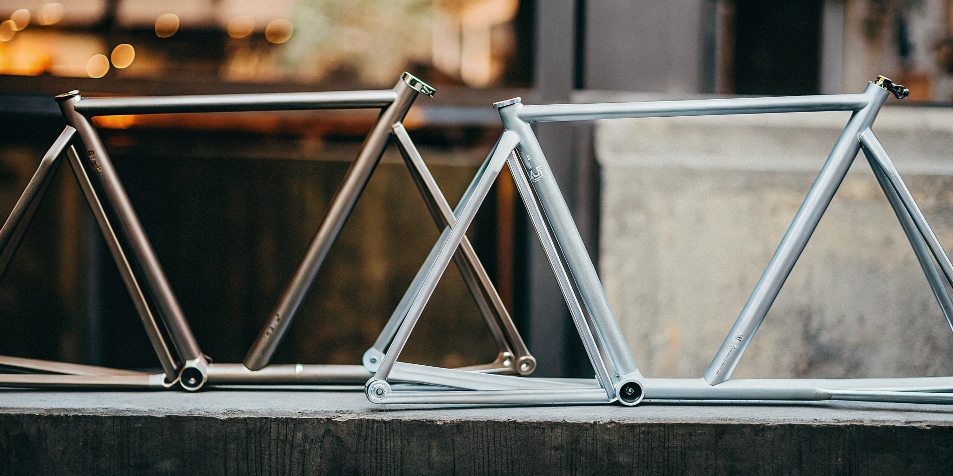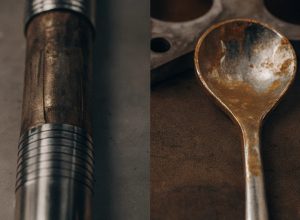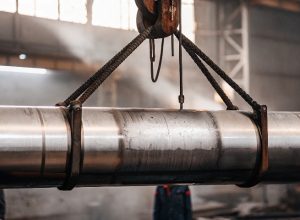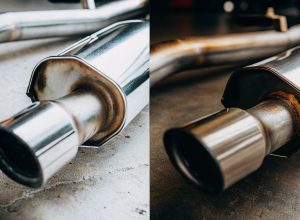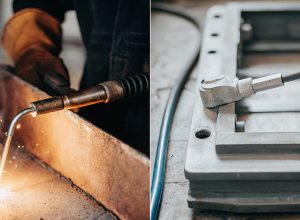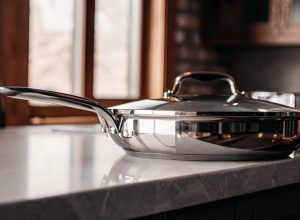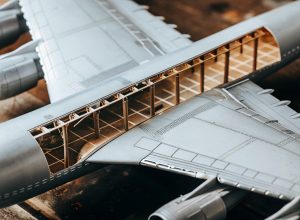Feeling stuck choosing between titanium grades? Making the wrong call can be costly and compromise your project. I can help clear up the confusion and guide you.
Grade 2 is your versatile, corrosion-resistant workhorse. Grade 5 is the high-strength alloy for structural parts. Grade 7 is a specialized version of Grade 2 with added palladium1 for superior corrosion resistance in harsh acidic environments.
I talk to procurement managers like David every day. He works at an industrial equipment manufacturer in Germany and often needs to source titanium. One of the most common questions he asks is about the practical differences between these popular grades. It’s a critical decision, as the right fastener prevents downtime and ensures safety. The wrong one can lead to failures that halt production entirely. Let’s break down the details so you can source with confidence, just like I advise my clients to.
What’s the Real Difference Between Gr2 and Gr5 Titanium?
Confused about whether to prioritize strength or corrosion resistance for your fasteners? Choosing incorrectly can compromise your equipment’s integrity. Let me explain the simple trade-offs.
Grade 2 is commercially pure, prized for its excellent corrosion resistance and formability. In contrast, Grade 5 is a high-strength titanium alloy containing aluminum and vanadium, making it ideal for structural applications where weight and strength are critical.
When helping clients decide between these two, I often use a simple analogy. Grade 2 is the reliable all-rounder, while Grade 5 is the specialized athlete. Grade 2 is what we call "commercially pure," meaning it’s unalloyed. This makes it highly resistant to many chemical environments and very easy to form and weld. It’s perfect for fasteners in chemical processing tanks or marine equipment.
Grade 5, known as Ti-6Al-4V, is an entirely different material. The addition of 6% aluminum and 4% vanadium transforms it into a high-performance alloy. It’s significantly stronger than Grade 2 and has a fantastic strength-to-weight ratio. This is why it’s the go-to choice for aerospace, high-performance automotive parts, and medical implants that bear a heavy load. A procurement manager for an aerospace company once nearly specified Gr2 for a structural component to save costs. I explained that while it would resist corrosion, it lacked the tensile strength to handle the stress, preventing a potentially catastrophic failure.
Looking for High-Quality Titanium Fasteners?
Our titanium fasteners are designed to meet aerospace, marine, and industrial needs. Explore our range of bolts, screws, and washers made from premium titanium for superior strength and corrosion resistance.

Grade 2 vs. Grade 5 at a Glance
| Feature | Grade 2 (Commercially Pure) | Grade 5 (Ti-6Al-4V) |
|---|---|---|
| Primary Benefit | Excellent Corrosion Resistance | High Strength-to-Weight Ratio |
| Strength | Moderate | Very High |
| Composition | Unalloyed Titanium | Titanium, 6% Aluminum, 4% Vanadium |
| Common Use | Chemical Processing, Marine Fasteners | Aerospace Structures, Racing Parts |
| Cost | Lower | Higher |
How Does Grade 7 Titanium Compare to Grade 2?
Do you need extreme corrosion resistance where even Grade 2 might fall short? A very subtle difference in composition can prevent major failures in aggressive environments.
Grade 7 is nearly identical to Grade 2 but includes a small amount of palladium (0.12-0.25%). This addition dramatically improves its resistance to corrosion, especially in reducing acids and high-chloride environments where Grade 2 would struggle.
Think of Grade 7 as Grade 2 with a superpower. On paper, their mechanical properties like strength and formability are almost the same. But the tiny bit of palladium in Grade 7 makes a world of difference in specific, highly corrosive situations. This is something I emphasize with clients in the chemical industry. The palladium enhances and stabilizes the protective oxide film on the titanium’s surface, particularly in acidic conditions.
I remember working with a manager at a desalination plant who was specifying fasteners for a new system. He was leaning toward Grade 2 to manage his budget. I showed him data on how Grade 2 performs versus Grade 7 in high-salinity, low-pH brines. In those conditions, crevice corrosion2 can become a serious problem for Grade 2 over time. For him, the slightly higher upfront cost of Grade 7 fasteners was a smart investment to guarantee long-term reliability and avoid costly maintenance shutdowns. It’s the ultimate choice when failure due to corrosion is not an option.
Grade 2 vs. Grade 7 Head-to-Head
| Feature | Grade 2 | Grade 7 |
|---|---|---|
| Composition | Commercially Pure Titanium | Commercially Pure Titanium + Palladium |
| Key Advantage | General Corrosion Resistance | Superior Corrosion Resistance in Acids |
| Strength | Moderate | Moderate (Same as Gr2) |
| Best For | Seawater, General Chemicals | Reducing Acids, Chlorides, Brines |
| Cost | Standard | Premium (due to Palladium) |
So, What Exactly Is Grade 2 Titanium?
You often hear "commercially pure" titanium, but what does that really mean for your project? The details matter for cost and performance. I can break it down simply.
Grade 2 is the most popular and widely available "commercially pure" (unalloyed) titanium. It offers the best all-around balance of moderate strength, excellent formability, and outstanding corrosion resistance, making it an extremely versatile workhorse material.
When a client like David needs a reliable, cost-effective titanium solution without extreme strength requirements, I almost always start the conversation with Grade 2. It’s the industry standard for a reason. Because it isn’t alloyed with other elements, it maintains many of pure titanium’s best qualities.
Its main benefit is its immunity to corrosion in a wide range of environments, from saltwater to many industrial chemicals. This is thanks to a stable, protective oxide layer that forms on its surface. Beyond that, it’s highly ductile and can be easily welded, shaped, and formed, which is a huge advantage for manufacturers. This is why you see it used for so much more than fasteners—it’s common in heat exchangers, pressure vessels, and piping systems. For a procurement manager, Grade 2 represents a safe, predictable, and economical choice for a huge number of applications where you need to defeat corrosion.
Looking for Reliable Titanium Bars?
Our titanium bars are available in various grades and specifications to meet the highest industry standards. Perfect for aerospace, medical, and industrial applications, ensuring quality and performance under the toughest conditions.

Key Aspects of Grade 2 Titanium
Unmatched Corrosion Resistance
Its ability to resist corrosion in oxidizing and mildly reducing environments is its primary selling point. It excels in marine and chemical applications.
Excellent Formability and Weldability
Unlike high-strength alloys, Grade 2 is easy to work with. It can be cold-formed without much difficulty, which lowers manufacturing costs.
Wide Range of Applications
From fasteners and fittings in a chemical plant to non-load-bearing medical implants and architectural elements, Grade 2 is everywhere.
For a Bike Frame, Is Grade 2 or Grade 5 Titanium Better?
Choosing titanium for a bike frame is tricky. One grade promises comfort, while the other offers stiffness and speed. Making the wrong choice can completely change the ride experience.
It truly depends on the rider’s goal. Grade 2 (or a similar pure grade like Grade 9) offers a more compliant, comfortable ride perfect for touring. Grade 5 delivers the high strength and stiffness needed for lightweight, high-performance racing frames.
While I primarily work with industrial clients, I’ve supplied titanium to high-end bicycle manufacturers, and this question comes up often. I explained it to one client by comparing cars: Grade 2 is like a luxury touring sedan, and Grade 5 is like a stripped-down race car.
The Case for Grade 2: The Comfortable Voyager
A frame made from Grade 2 titanium will have more natural flex. This "compliance" helps absorb road vibrations, leading to a much smoother and more comfortable ride over long distances. It’s also more forgiving and easier to repair if it gets damaged. It’s the perfect material for a touring bike, a gravel bike, or a daily commuter where comfort is king. The trade-off is that the frame will be slightly heavier because the tubes need thicker walls to achieve the necessary stiffness.
The Case for Grade 5: The Aggressive Racer
Grade 5’s incredible strength-to-weight ratio is its main advantage here. Manufacturers can use thinner-walled tubing to build a frame that is both lighter and stiffer than a Grade 2 frame. This stiffness means that when a rider pedals hard, more of that energy goes directly to the wheels instead of being lost to frame flex. This results in quicker acceleration and more efficient power transfer, which is exactly what a racer wants.
Bike Frame Titanium Choice
| Feature | Grade 2 Frame | Grade 5 Frame |
|---|---|---|
| Ride Feel | Compliant and Comfortable | Stiff and Responsive |
| Ideal Rider | Touring, Gravel, Commuter | Competitive Racer |
| Weight | Heavier | Lighter |
| Power Transfer | Good | Excellent |
Conclusion
Choosing between Grade 2, 5, and 7 depends on balancing strength, specific corrosion needs, and cost. Understanding these trade-offs ensures you get the right material every time.

